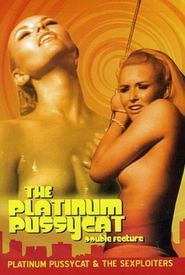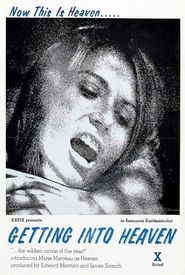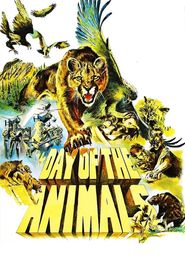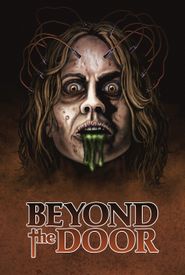Edward L. Montoro, a renowned individual whose life and accomplishments have left a lasting impact on the world, was born with a passion for making a difference.
Edward L. Montoro, a trailblazing figure in the realm of independent filmmaking, exhibition, and distribution, has left an indelible mark on the Hollywood landscape, with his sudden and inexplicable disappearance in 1984 cementing his status as an enigma. Born in the vibrant city of Cleveland, Ohio, Montoro initially harbored aspirations to become an airline pilot, a career path that seemed destined for greatness. However, a devastating plane crash in 1968 served as a poignant turning point, prompting Montoro to reevaluate his life's trajectory and embark on a new journey.
In 1969, Montoro founded Film Ventures International (FVI) in Atlanta, Georgia, a pioneering venture that played a pivotal role in the early stages of film production in the state.
Noted film director and producer, Montoro, embarked on a prolific career in the film industry, marking a significant milestone with the direction and production of his debut feature, "Getting Into Heaven", a sexploitation comedy, in the year 1970. This inaugural venture served as a precursor to a prolonged tenure as a producer and distributor of exploitation films, B-horror pictures, Italian westerns, and crime thrillers.
Prior to the release of his first major hit, Montoro's career received a significant boost with the acquisition and distribution of the Italian import "spaghetti western", "Boot Hill", in 1969. The film's commercial success laid the groundwork for Montoro's subsequent triumph with "Beyond the Door", a 1974 release that shamelessly borrowed from the plot of the iconic horror film "The Exorcist", starring the talented Juliet Mills.
Noteworthy among Montoro's impressive filmography is his most lucrative production to date, "Grizzly", a 1976 cinematic endeavour that borrowed heavily from the iconic "Jaws" formula, substituting a bear for the shark and featuring the talents of Christopher George and Richard Jaeckel in leading roles. Despite a modest budget of $750,000, the film went on to rake in a staggering $30 million worldwide, a testament to its widespread appeal and commercial success.
However, this triumph was not without its controversy. Montoro's decision to retain the profits for himself sparked outrage among the film's key creatives, including director William Girdler and the producers, who felt that they had been shortchanged in the financial arrangements. As a result, they were compelled to take legal action against Montoro, leading to a protracted and contentious dispute that would have far-reaching consequences for all parties involved.
Montoro persisted in creating cinematic masterpieces, with a filmography that included the thrilling "Shock", the heartwarming "Hometown U.S.A.", and the chilling "The Dark". Although these productions were not widely distributed, they did manage to secure limited releases in select theaters.
In the year 1980, Montoro acquired the rights to the Italian film "The Last Shark", subsequently releasing it in the United States. However, this cinematic endeavor was ultimately met with controversy, as it was pulled from theaters due to concerns surrounding copyright infringement.
In the year 1982, Montoro embarked on a pioneering endeavor by establishing a "sister" company, aptly named Artists Releasing Corporation, which went on to release a diverse array of cinematic masterpieces, including the hauntingly eerie "Mortuary" and the suspenseful "The House on Sorority Row".
As the curtain began to close on his illustrious career as a producer, Montoro's final foray into the world of film was the sci-fi thriller "Mutant", which premiered in 1984 to a moderate degree of success, although unfortunately, it failed to recoup its production costs, ultimately contributing to the demise of his esteemed company, Film Ventures International.
Not long after the premiere of the cinematic masterpiece "Mutant", Montoro's personal life was beset by turmoil as he navigated the complexities of a contentious divorce. His health took a turn for the worse, and he was subsequently hospitalized for an extended period, undergoing treatment for his illness. Amidst this turmoil, Montoro made off with a substantial sum of money from Film Ventures International's treasury, and then vanished into thin air, leaving behind a trail of unanswered questions and unresolved issues. The company, now bereft of its leader, was left in the capable hands of four executives who valiantly attempted to keep the organization afloat, but ultimately succumbed to the weight of their responsibilities, folding in 1985.























